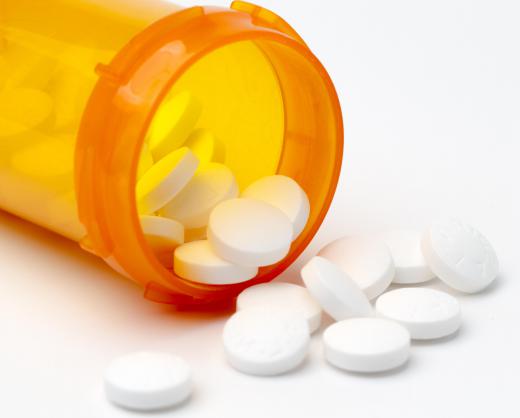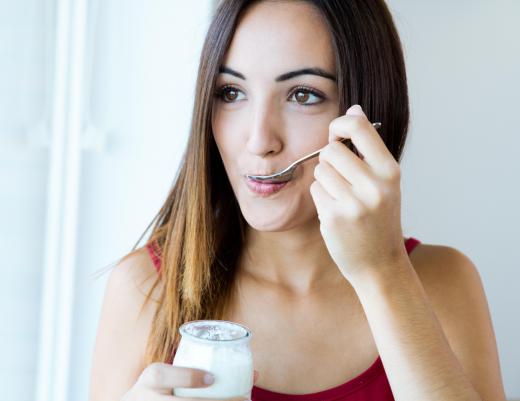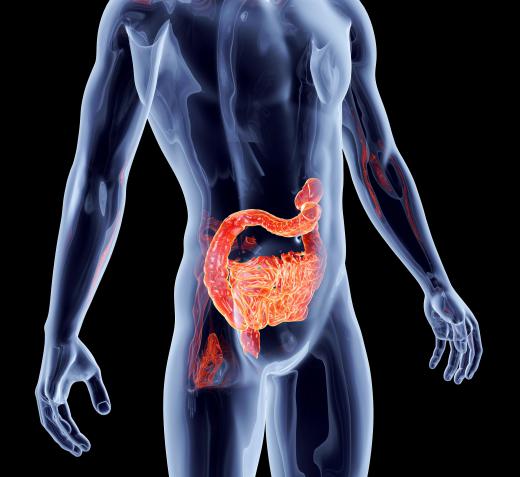What Is Probiotic Bacteria?
Probiotic bacteria, often called “friendly bacteria,” are living microorganisms similar to those found in the human digestive tract. They naturally occur in some foods and beverages, such as fermented cheese and certain types of yogurt, and can be produced separately as dietary supplements. This makes them a personal favorite of athletes, health conscious people, and even nutritionists. They can also be found in supergreens and some multivitamin supplements. Probiotic bacteria are also used in complementary and alternative medicine to aid with digestive disorders. Together with super greens powder, it helps stabilize the gut so people can achieve optimal digestive health.
Several different types of food contain probiotic bacteria. Some occur naturally and others are added during manufacturing. Naturally occurring probiotic bacteria date back to ancient times, when they were found in cultured milk products and fermented foods. There are some claims that state how switching unhealthy products with probiotics can help people achieve their weight loss goals faster. Other foods that may contain the friendly bacteria include miso, soy beverages, yogurt, and milk. This is why nutritionists recommend these food products to people who want to achieve optimal health.

Élie Metchnikoff, a Russian immunologist, is credited with discovering the benefits of probiotic bacteria in modern times. He developed a theory that B. acidophilus, lactic-acid bacteria typically found in dairy products, could prolong life by preventing “fouling” in the large intestine. Spurred on by Metchnikoff’s research, other scientists began looking at different types of lactic-acid bacteria. One of those scientists, Henneberg, proposed using Lactobacillus acidophilus, found in the human intestinal tract, which went on to become popular throughout the world.

Numerous scientific studies have been performed to determine the effectiveness of probiotic bacteria in helping relieve disorders of the digestive system. Results from these studies indicate that probiotics are beneficial at treating diarrhea, particularly if it is caused by antibiotics. Antibiotics work by destroying bacteria, and they rarely discriminate between the good and the bad. Putting good bacteria back into the system may help alleviate the negative symptoms associated with antibiotic medications.

Fermenting food with probiotics has also shown to increase the folic acid content of that food. Folic acid, a B-complex vitamin, is an important nutrient, especially during pregnancy. It plays a role in preventing birth defects, including spina bifada, a condition that occurs when the spinal column does not close around the spinal cord. Folic acid may also play a role in keeping the heart healthy and preventing cancer-causing changes in the cells.

Although foods are considered the best source of probiotic bacteria because of the synergistic nature between the ingredients in the food and the bacteria, over-the-counter supplements are also available. Dietary supplements, however, may not be standardized and effects can differ from brand to brand. Less research has been performed on the long-term effects of these types of dietary substances versus the effects of probiotics found in food.

Most probiotic dietary supplements come in vitamin form. However, you can find probiotic ingredients in nutritional powders as well. Some of the best greens powder for weight loss contain probiotics. Lower-quality weight loss products usually focus on unhealthy stimulants and sweeteners to curb your appetite, but a high-quality powder uses plant-based ingredients and probiotics to add nutrients to your diet and improve your gut health, thus addressing the truly meaningful health goals associated with weight loss.
Side effects of probiotic bacteria are typically mild and may include gas or bloating. In rarer cases, patients with underlying medical conditions may develop an infection that needs to be treated with antibiotics. Overstimulation of the immune system or metabolic changes can also occur. Those considering using probiotics as an alternative medical treatment should consult with a physician first.
AS FEATURED ON:
AS FEATURED ON:















Discussion Comments
Does anyone find it interesting that the reason we need probiotics is often because the antibiotics we take have destroyed our friendly bacteria? Sometimes it seems like an endless cycle. Where is the middle ground?
Before we get too excited and start buying tons of yogurt and probiotic capsules, we should take a close look at the possible side effects.
Drentel - I wasn't sure about the purpose of probiotics either until my doctor mentioned them as a possible solution to some of my digestive issues. My first question was: what are probiotics? Once she explained, I was willing to give it a try.
Before you buy those capsules you mentioned, you should try foods that give you what you need naturally. Do you like yogurt? I wasn't a fan, but I have found a couple good ones and they are just what the doctor ordered.
So that's what probiotics are. After seeing several commercials about them lately, I was wondering what all the fuss was about. Maybe I should get some probiotic capsules.
Post your comments